From job automation to the many pitfalls of social media, the technological progress of the past several decades has had mixed social consequences, to put it mildly. However, one of the rare frontiers where tech advances have greatly improved lives with very little downside is in the area of alternative and augmentative communication aids (AACs). Taking many forms and with mutiple uses beyond person-to-person communication, these devices help to give people with speaking disabilities a voice in a society where their rich inner worlds and distinctive points of view are often overlooked. In this short animation, the UK filmmaker Jemima Hughes, who uses an AAC herself, explains how these technologies have evolved, and why, when engaging with someone who uses an AAC, patience is essential.
Adaptive technologies have helped Stephen Hawking, and many more, find their voice
Director: Jemima Hughes
Website: BBC Ideas

videoAutomation and robotics
Human as a process: What awaits us in the coming age of bio-enhancement?
3 minutes
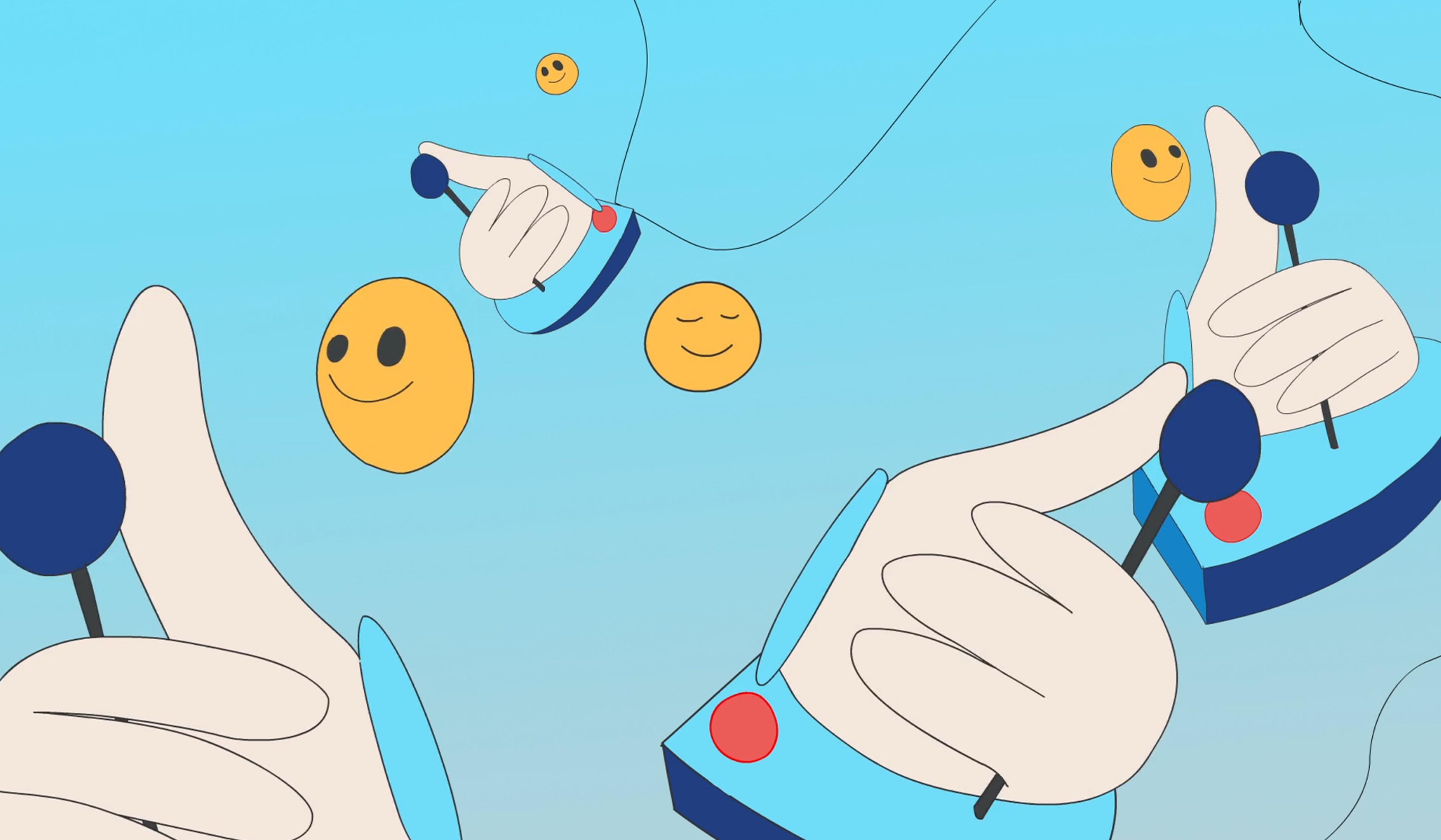
videoTechnology and the self
A handful of executives control the ‘attention economy’. Time for attentive resistance
4 minutes

videoSocial psychology
‘My God! Where’s the human voice?’ A charming reflection on our pre-recorded world
3 minutes
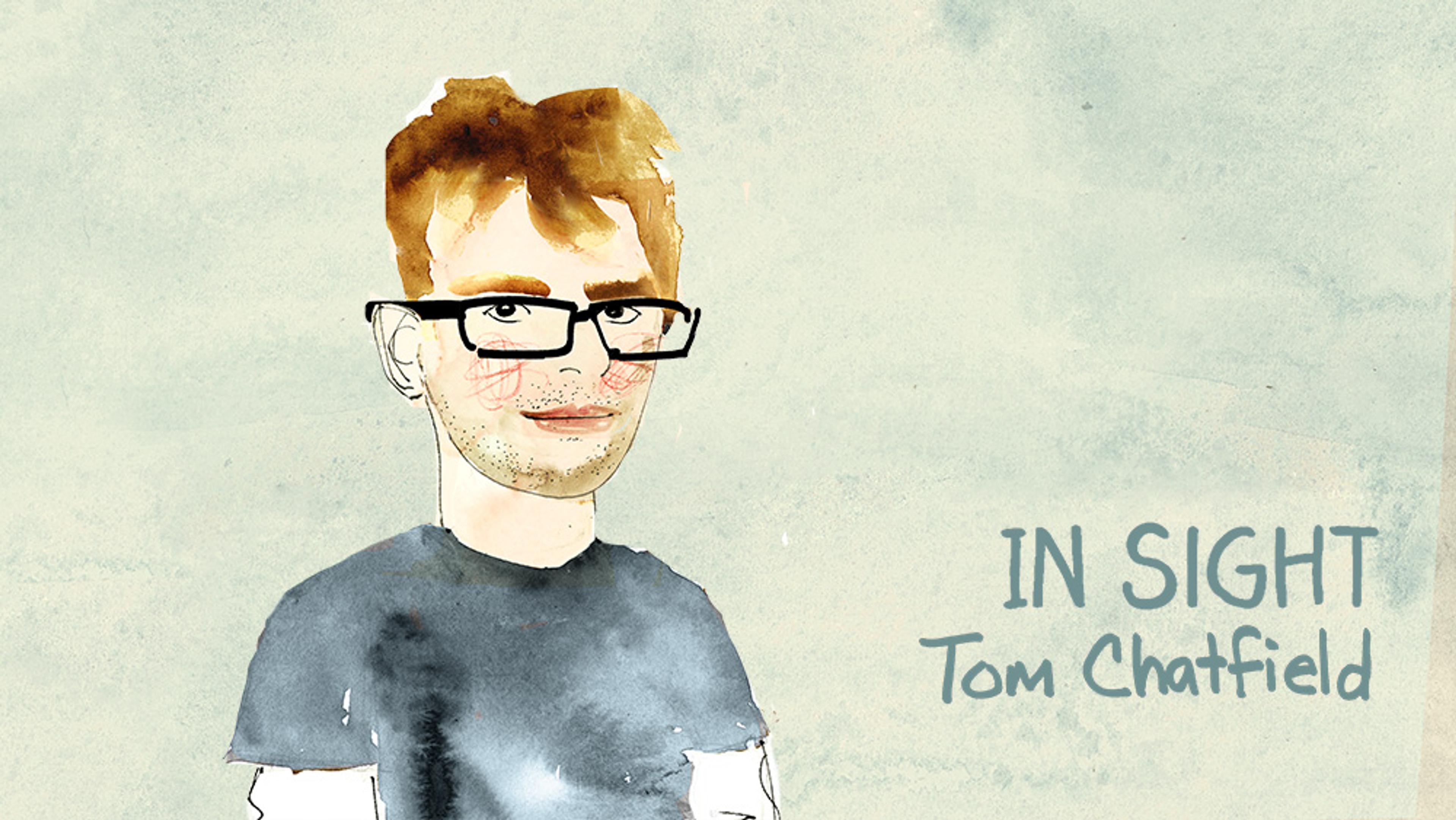
videoAutomation and robotics
If we are what we do, how can we stay human in an era of automation?
7 minutes
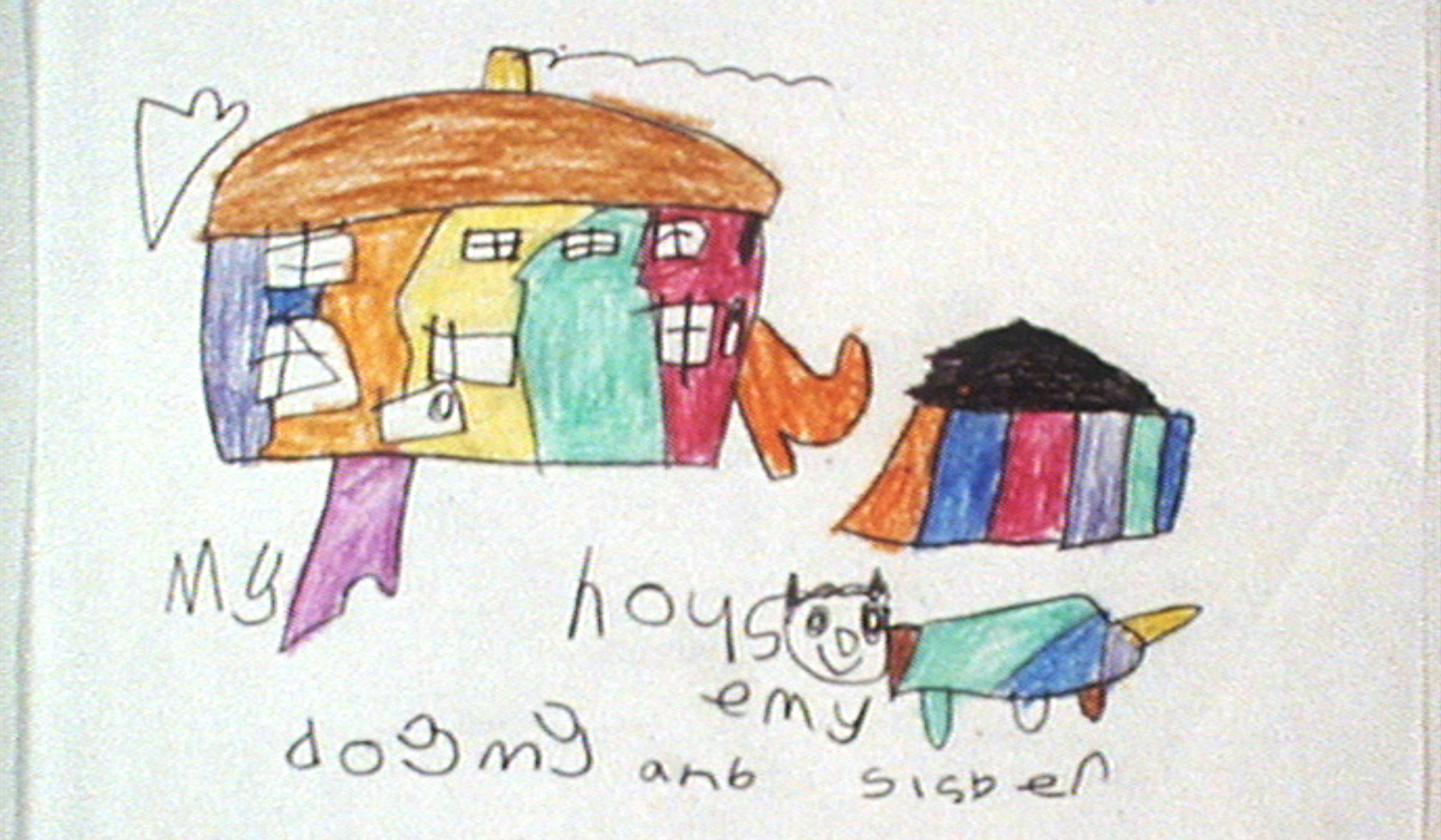
videoNeurodiversity
Autistic children and adults sketch out the look and feel of their sensory world
11 minutes

videoArt
Inside the unique creative space where ‘outsider’ artists find their form
14 minutes

videoHistory
How the vocoder went from military tech to an instrument of the counterculture
11 minutes
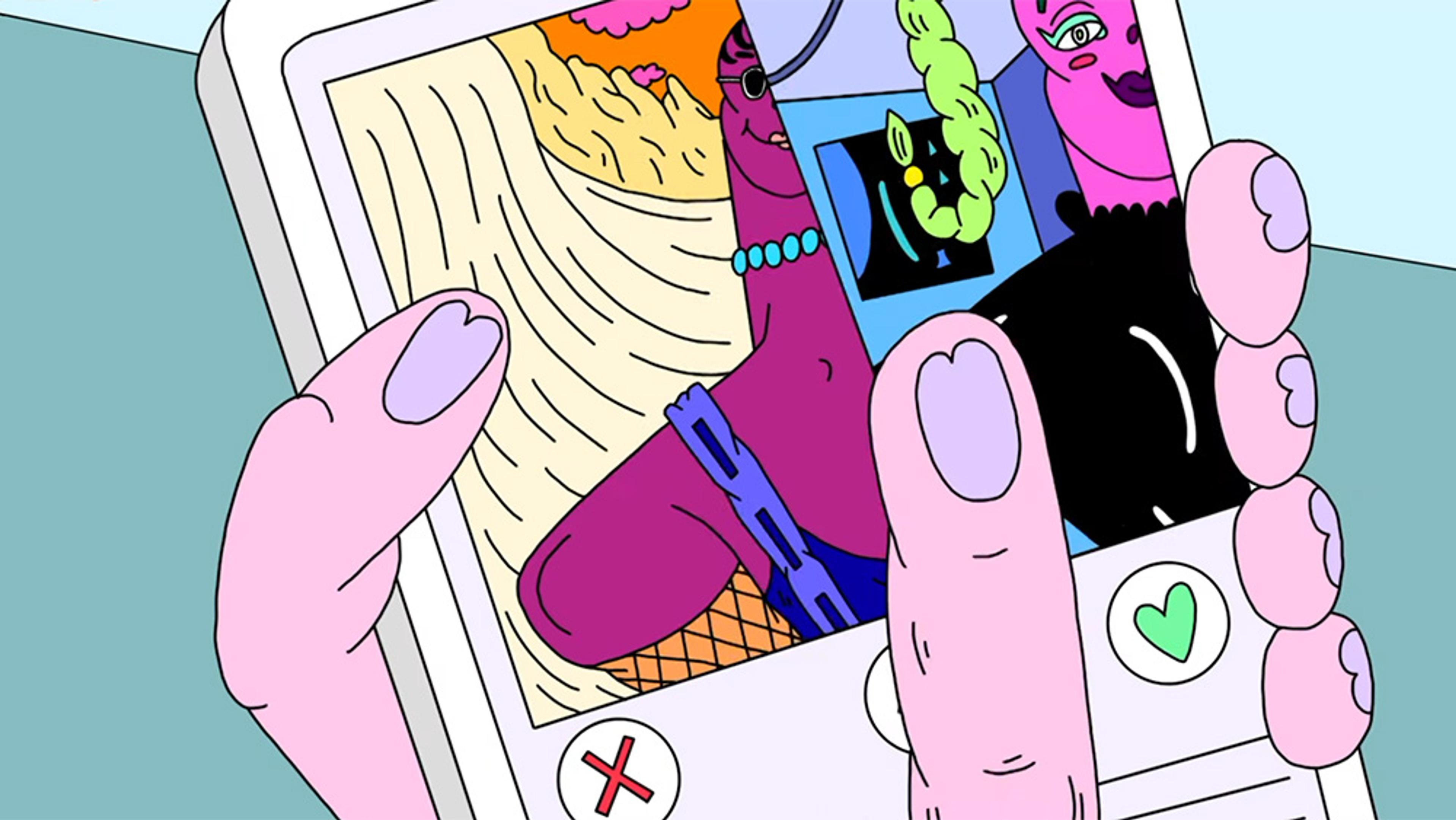
videoAddiction
Is ‘tech addiction’ really akin to drug addiction? Here’s what the research says
3 minutes
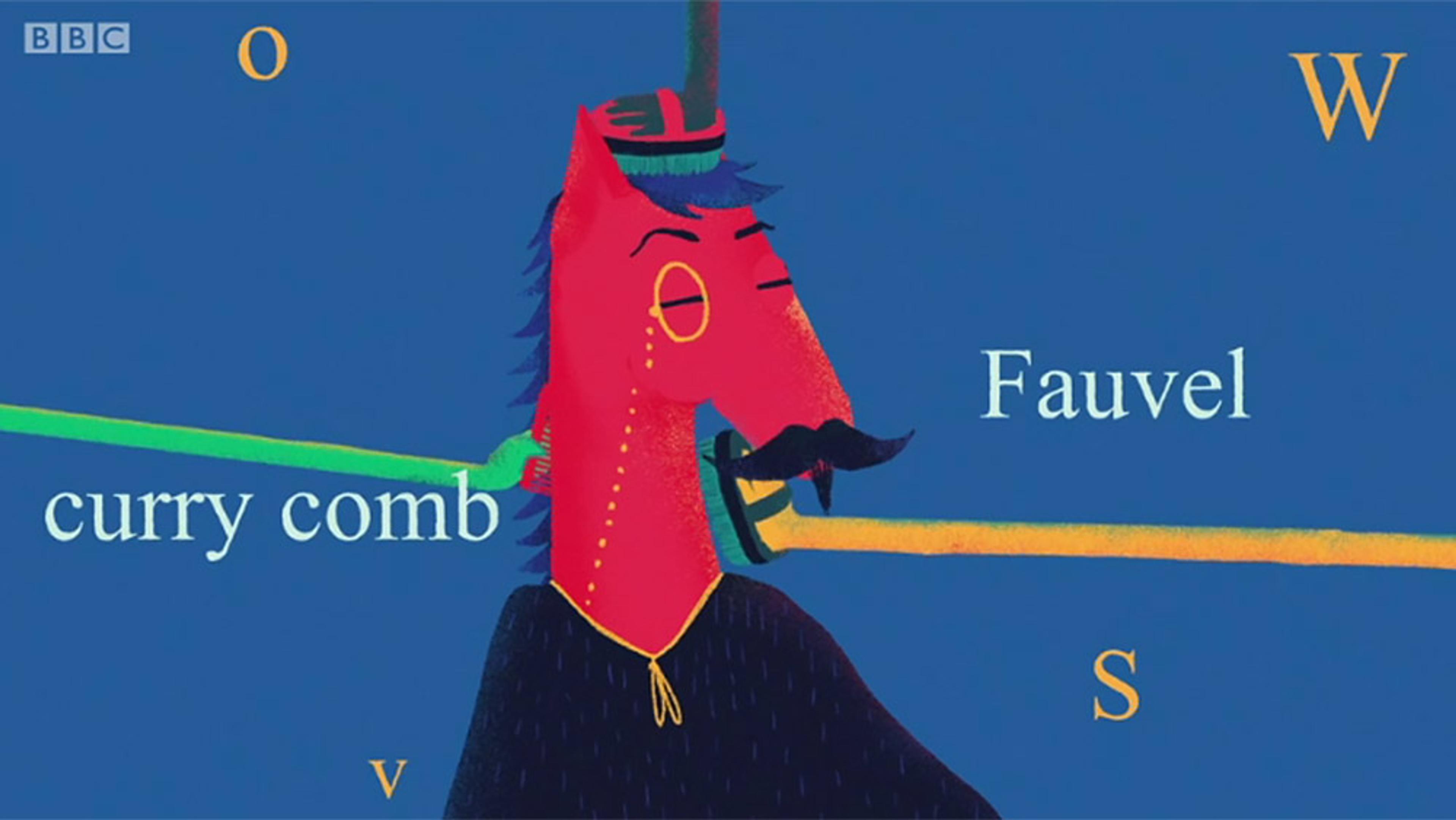
videoLanguage and linguistics
To all intensive purposes, you might have another think coming about how idioms work
4 minutes